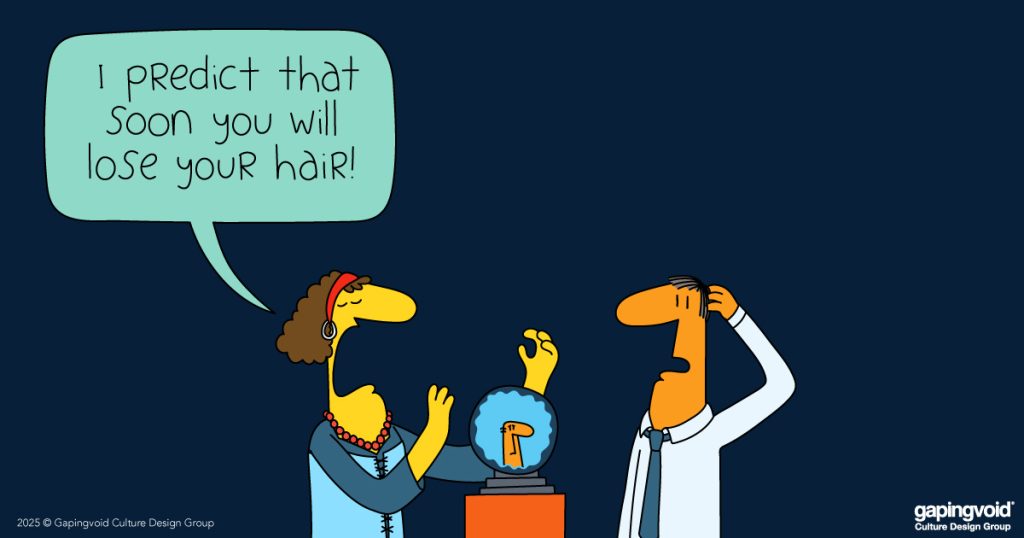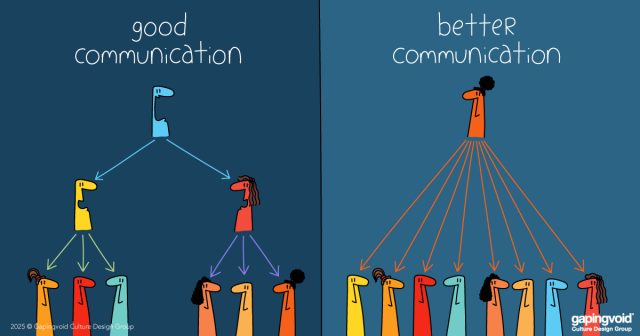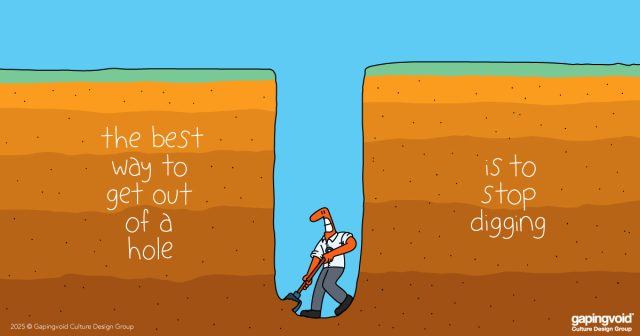
Trump’s all-caps tweet of an Elon Musk quote went viral this week:
THE BEST DEFINITION OF INTELLIGENCE IS THE ABILITY TO PREDICT THE FUTURE!!!
The future telling business has always been lucrative and perilous.
History brims with prophets, soothsayers, clairvoyants, and futurists. Musk and Trump seem eager to join their ranks.
The most famous was Nostradamus (1503–1566), the French astrologer credited with predicting everything from the Great Fire of London, the French Revolution, Hitler’s rise, both World Wars, the atomic bomb, and even COVID-19 – impressive for a 500-year forecast.
Before him, the Oracles of Delphi (8th century BCE–390 CE), guided leaders before wars, investments, and marriages, foreseeing Alexander the Great’s rise, the Persian Wars, and Socrates’ death.
And more recently, astrologer Jeane Dixon (1904–1997) predicted JFK’s assassination, the Moon Landing, and communism’s fall – though her timing was a little off.
These insights seem magical, but most “seers” are leveraging tricks that haven’t changed for millennia:
- Cast a wide net: Make 100 predictions and five are likely to hit, as was the case with Jeane Dixon. She promoted her wins, but conveniently left out some major misses: like predicting World War III would happen in 1958, the birth of the anti-Christ in 1962, and a cure for Cancer in 1967. Now, taking this approach is actually called the “Jeane Dixon Effect.”
- Keep it vague: if it’s vague enough, it’s easy to retrofit later. Nostradamus’s “A great empire will fall” works in any century. Predicting “an economic crash” seems prescient, yet recessions occur every 7–10 years, crashes every 15–30.
- Or perhaps most impressive of all, engineer the outcome: when Warren Buffett announces a market rise, it follows not because he had a premonition, but because his words moved it. In 2012, billionaire Bill Ackman called Herbalife a “pyramid scheme,” bet $1 billion against it, and triggered a 50% crash.
Most predictions are educated guesses, but genuine pattern recognition does exist. Before the 1929 crash, a handful of economists spotted the underlying currents and withdrew from the market while others teetered off the cliff. Mystic, Edgar Cayce, in trances, foresaw: “Banks will close… men will leap from windows.”
This is a skill we can all hone – learning to distinguish between the noise and see real patterns. But what makes the latest Trump and Musk commentary interesting is the recognition that prediction itself is power.
In a data-driven world, pattern recognition has become currency. Tech companies build empires by anticipating behavior. Political campaigns win by forecasting sentiment. Markets move on projected earnings, not current ones.
When Musk or Trump make predictions about AI or forecast economic trends, they’re not simply commenting—they’re positioning themselves in the marketplace of ideas.
Perhaps that’s what a lot of us miss. In a world drowning in uncertainty, we are inclined to follow those who speak with certainty about tomorrow. Regardless of accuracy rate.
The most powerful people aren’t those who accurately predict the future—they’re those who convince us they can see it clearly while the rest of us squint through the fog.




Well said! Leadership succeeds when it communicates a vision of the future. The DOGE project has a brilliant leader in Elon Musk, and one would presume his team would inspire genius, creativity, and success in the sciences both in government and in academia. Sadly, alas, they sing about the best intelligence while they defund education and research.
You remind that fortune-tellers set the stage for their predictions, and the citizen must keep a critical eye on the fortune tellers.